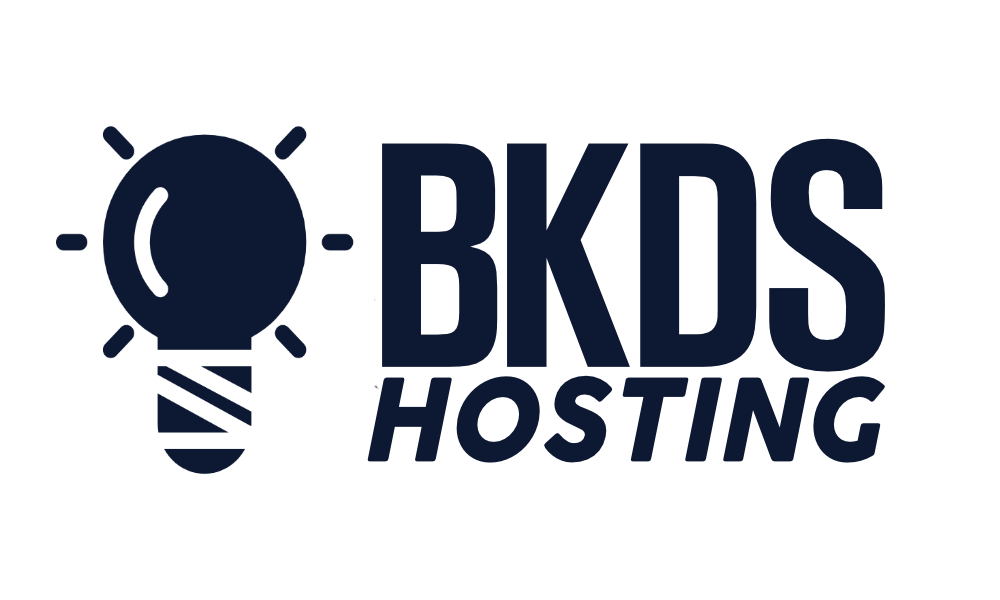In the digital age, the reliability of a website is paramount to the success of any small business. A website that is not reliable may deter potential customers, negatively impact your business's reputation, and ultimately, affect your bottom line. However, ensuring website reliability is an ongoing process that requires strategic planning, regular maintenance, and prompt response to issues that may arise. As we unpack this topic further, we will explore key strategies and best practices that can help small businesses enhance their website reliability and maintain a robust online presence.
Understanding Website Reliability

Website reliability, a critical aspect for any small business, is primarily built through strategic incorporation of trust seals, social proof, high-quality product representations, transparent policies, and emotional appeal across all consumer touchpoints. The right web design, complete with trust seals and certificates, assures site visitors of the security of their data. These badges, when coupled with visible contact information, significantly enhance the credibility of a business website.
Social proof in the form of testimonials, reviews, ratings, and user-generated content also bolsters trust. These elements, when integrated seamlessly into the website design, can drive a higher engagement rate. Furthermore, the representation of products plays a critical role in building reliability. High-quality images, videos, and detailed product information can instill confidence in the site visitors, promoting trust in the business.
Transparent policies, compliant with the Web Content Accessibility Guidelines, further ensure website reliability. Detailed checkout lists, easily accessible company policies, and varied delivery and payment options enhance user experience and foster trust. Lastly, by incorporating emotional appeal across all consumer touchpoints, small businesses can humanize interactions, creating lasting relationships that are pivotal for business growth.
Selecting a Suitable Hosting Provider
Selecting an appropriate hosting provider necessitates a careful analysis of several crucial factors, including the specific needs of your website, the provider's uptime guarantee, their scalability options, the level of customer support, and the cost-effectiveness of their packages. The goal is to make your website accessible and reliable for prospective customers.
Firstly, identify the unique needs of your small business. For instance, a Digital Marketing company site might require more bandwidth and storage than a simple blog. The provider should offer trust seals and SSL certificates to ensure website credibility, signaling that your website is legitimate.
The provider's uptime guarantee is a key consideration. High uptime percentages indicate reliability, minimizing the risk of your site becoming inaccessible. Adequate scalability options are paramount for growing businesses, allowing for seamless transitions as your traffic increases.
The level of customer support can make or break your experience with a hosting provider. Look for providers offering round-the-clock assistance, ensuring any technical glitches are promptly resolved. Lastly, consider the cost-effectiveness of the provider's packages. Compare their offerings to ascertain if they deliver value for money.
Implementing Regular Website Maintenance

To ensure optimal performance and security for your small business website, implementing regular maintenance is a crucial task that involves various aspects like security checks, content audits, functionality tests, data backups, and performance monitoring. This is not only important for the credibility of your website but also for the overall user experience.
A Stanford study on web credibility revealed that 75% of users judge a company's credibility based on the design of its web page. The credibility is perceived trustworthiness and expertise. Therefore, ensuring website reliability through regular maintenance can significantly impact how your customers perceive your business.
| Maintenance Task | Importance | Outcome |
|---|---|---|
| Security Checks | Protects against threats | Safeguards data and enhances trust |
| Content Audits | Keeps information updated | Increases relevance and user engagement |
| Performance Monitoring | Identifies areas for improvement | Optimizes user experience |
When potential customers visit your website, they expect a seamless experience that allows them to easily access the information they need or customers to contact. With regular website maintenance, you can uphold this expectation while improving your site's performance and security, thereby ensuring a positive and trustworthy online presence for your small business.
Monitoring Website Uptime and Performance
In the realm of maintaining a robust online presence, monitoring website uptime and performance is a critical aspect that demands regular attention. For business owners, ensuring website reliability for your small business is not just an operational requirement, but a matter of credibility and trust with customers. A company's web site is often the first point of contact for customers, and its reliability directly impacts the perception of the company's products and services.
Monitoring website uptime and performance involves a series of actions:
- Regularly check your website's uptime and performance, including load times and navigation efficiency.
- Use specialized tools to track downtime and response times. These tools provide detailed analytical data that enables better decision making.
- Set up immediate alerts to notify relevant personnel of any issues that can affect website availability.
- Analyze historical data to spot trends and patterns in performance. This analysis can provide actionable insights for improving website performance.
- Based on the monitoring data, implement performance optimization strategies that enhance user experience and boost search engine rankings.
Dealing With Website Downtime and Errors

Despite meticulous monitoring and optimization efforts, encountering website downtime and errors is an inevitable part of managing a digital platform, necessitating strategic approaches for swift identification and resolution. One such approach involves implementing a robust website monitoring tool. This tool aids in quickly identifying and addressing site downtime and errors, ensuring that the digital platform remains functional and accessible.
For enhanced user experience during downtime, creating a customized error page is pivotal. This page should provide alternative contact methods such as an email address and phone number, ensuring uninterrupted communication. Regular website backups are also integral to minimize data loss, preserving your site's integrity and user trust.
Incorporating a content delivery network (CDN) can distribute website content across multiple servers, which minimizes downtime and errors, improving site reliability. Additionally, investing in reliable web hosting services can further reduce the risk of downtime and errors.
Lastly, it is crucial to make your site's privacy policy and terms of use easily accessible. A dedicated 'Contact page' should be included to address user inquiries promptly, demonstrating a commitment to transparency and user satisfaction.
Conclusion
In conclusion, guaranteeing website reliability is imperative for small businesses to establish credibility with potential customers. This can be achieved through various strategies such as choosing an appropriate hosting provider, conducting regular website maintenance, and monitoring website performance. Addressing downtime and errors promptly further enhances the reliability of the website. Therefore, these elements play a crucial role in fostering trust and maximizing the effectiveness of a small business website.

